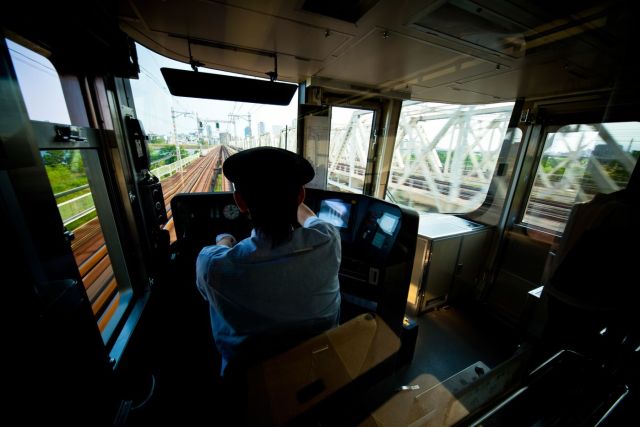Train Driver Sues Japan Rail For 2.2 Million yen After A Salary Cut Of $0.49 For 1-Minute delay!
Japanese trains are appreciated for their punctuality; however, this precise, minute-by-minute timekeeping has been at the heart of an ongoing dispute between a train operator and the West Japan Railway Company.
Based on reports, the driver, who is employed by JR West’s Okayama branch, is seeking the payment for 56 yen (US$0.49) in un-paid wages following a mishap on 18 June, last year.

The driver claims that he needed to drive an “empty train” to another station form the Okayama Station depot in the morning. However, he mistakenly stood at the wrong platform and he realized that very late. Hence he ran towards the correct station and to replace the drive, it took a total of two minutes. This led to delays of a minute in the departure and an additional one-minute delay when storage of trains at depots.
As a result, the railway company, JR West issued a pay-cut of 85 yen from the driver’s salary in July, claiming that the driver did no work during the two-minute delay. Following recommendations from the Labor Bureau, JR West finally decreased the penalty to one minute after the driver reported the complaint to the Okayama Labor Standards Inspection Office.
Okayama Station
The driver took the case to the Okayama District Court in March, still claiming that this was unfair. He also claims that the error caused no loss to the firm and no interruption to train schedules because the train was empty.
The driver is now suing Japan Railway company for a total of 2.2 million for mental stress from the whole ordeal, and 56 yen for the pay-cut of the one-minute delay.
A train platform at Okayama Station.
The driver argues his pay should remain uncut because the event occurred during his work shift. But the employer claims it used the “no work, no pay concept” to justify the salary reduction.
The driver chastised the corporation for “using salary reduction as sanctions for human error,” claiming that a minor blunder in business should not be considered a contract breach.
Public seems to support the employee fully throughout the ongoing lawsuit. However, Japan Rail’s impeccable track record of timeliness and safety makes a compelling case for enforcing timings to the minute. Furthermore, when you’re responsible for the safety and well-being of millions every day, a human mistake may have serious implications.
Source: Soranews24
Also read about Japanese Sleeper Trains Look Ordinary From Outside But Their Interiors Are a Peaceful Oasis!
